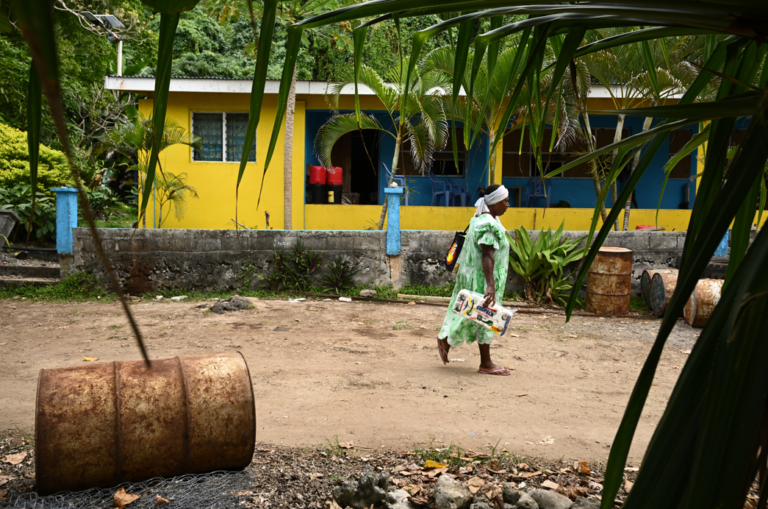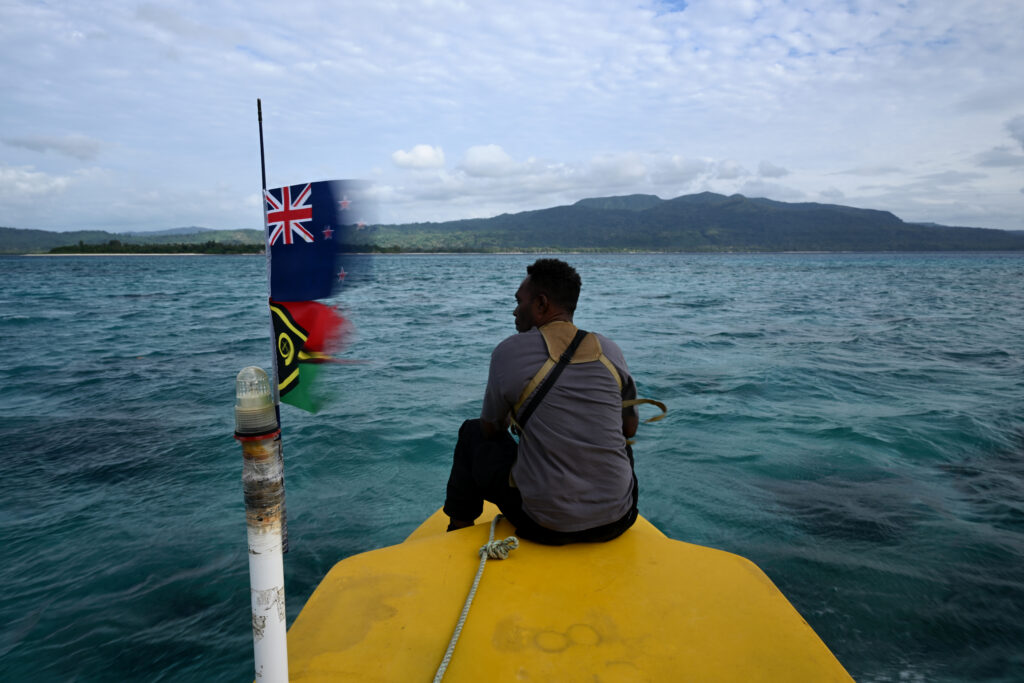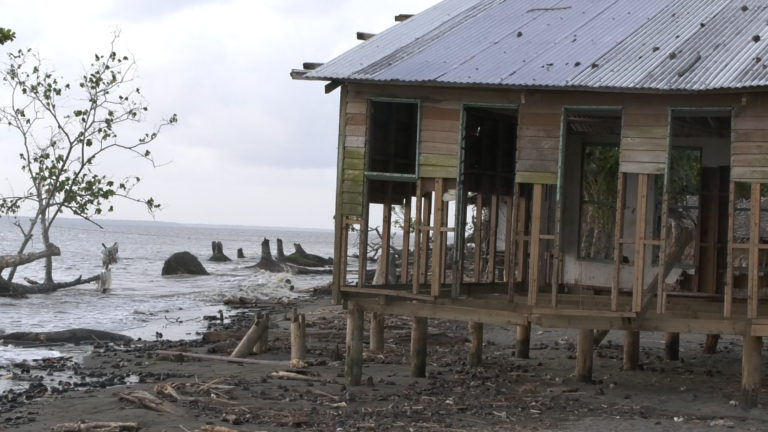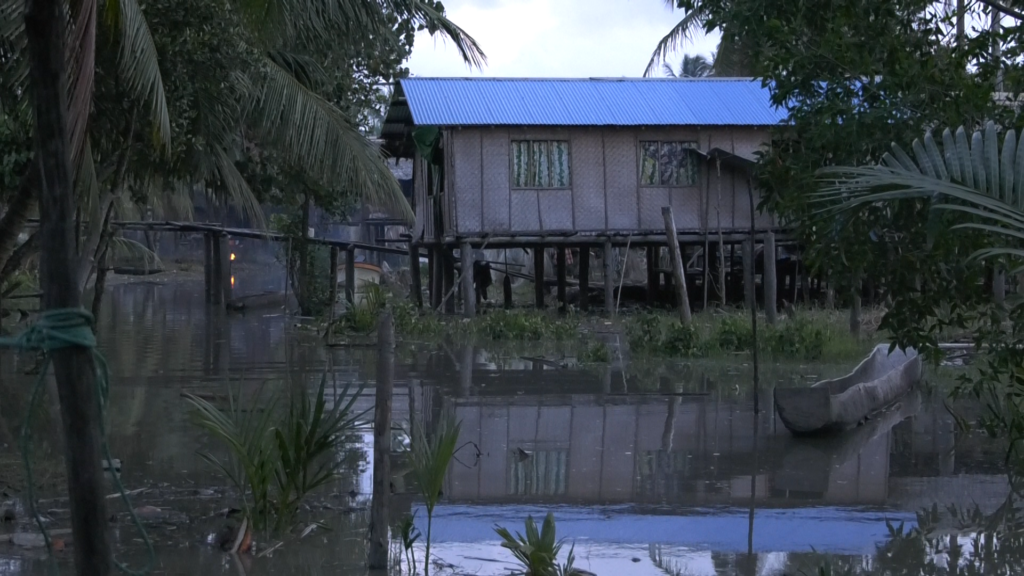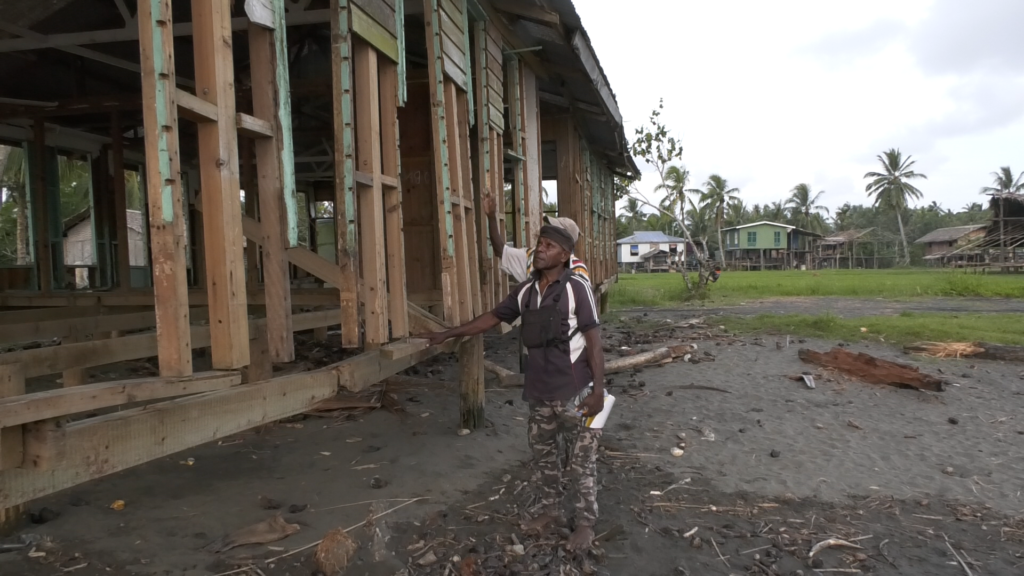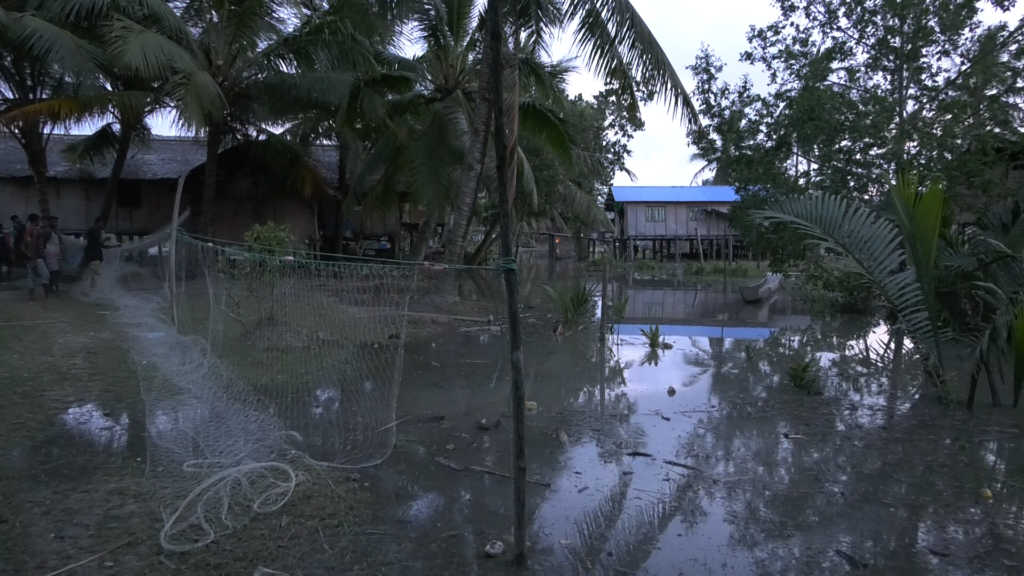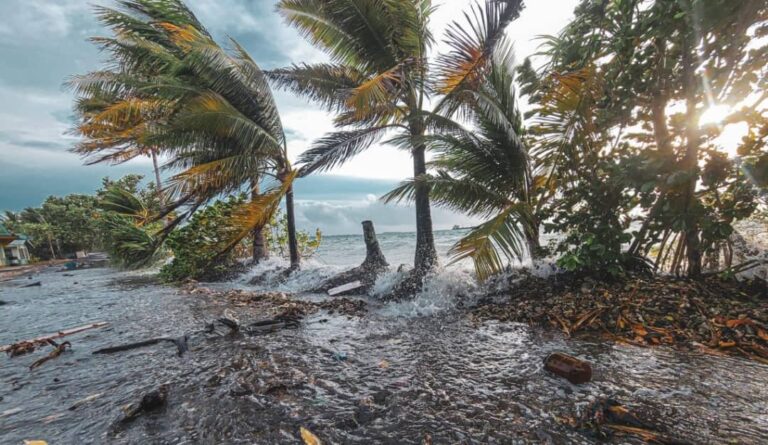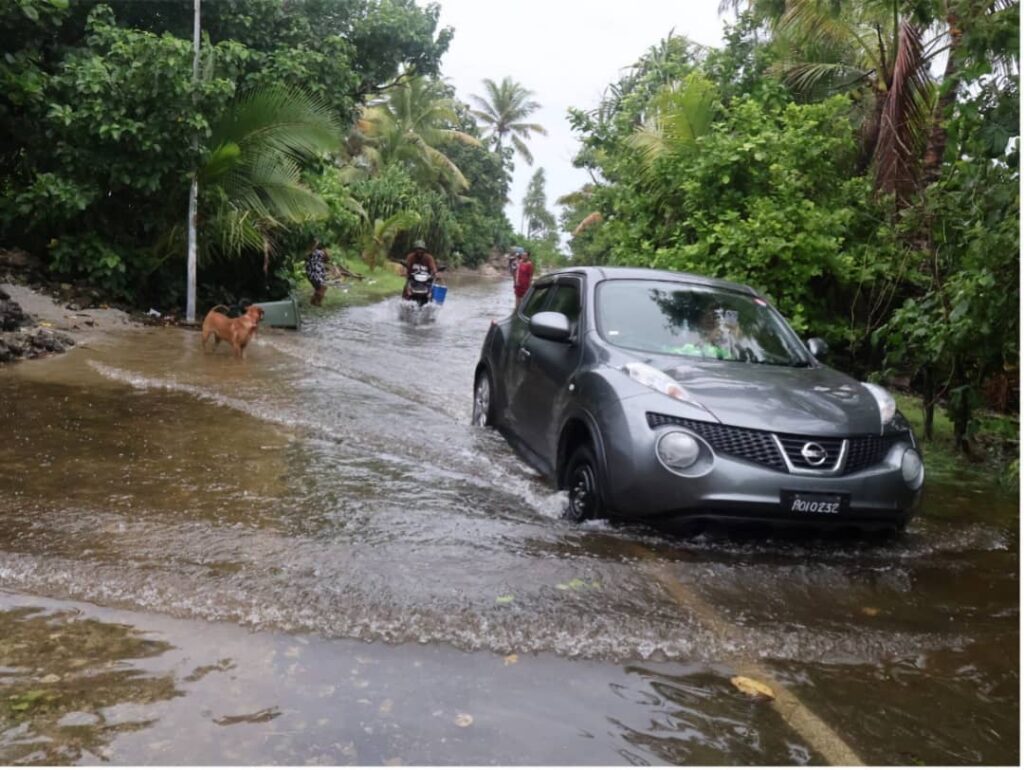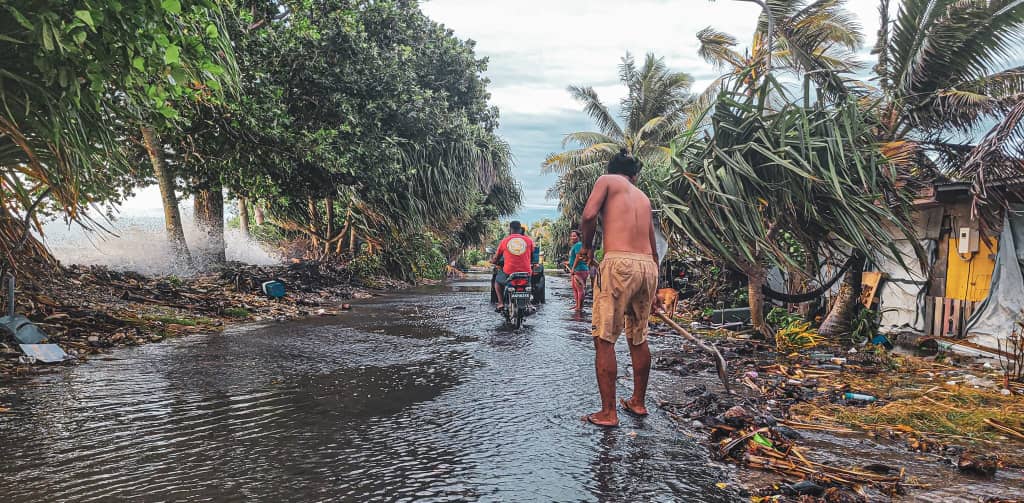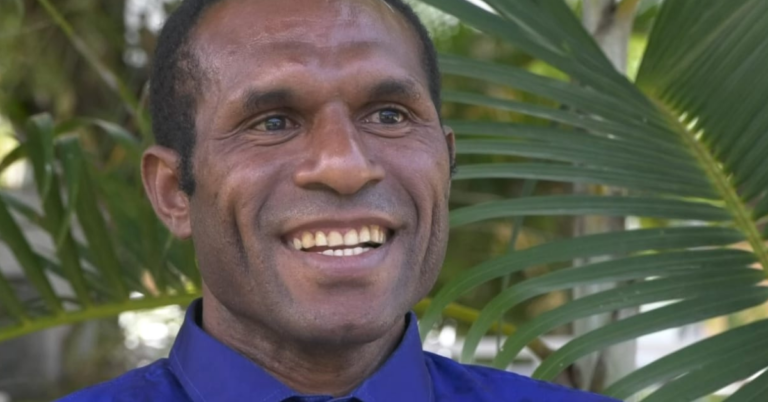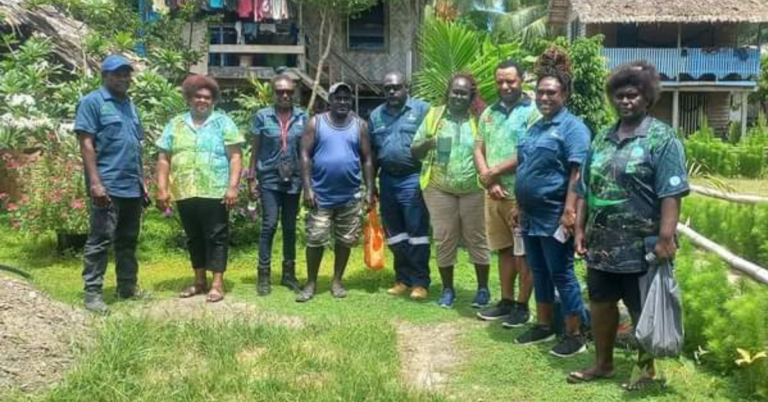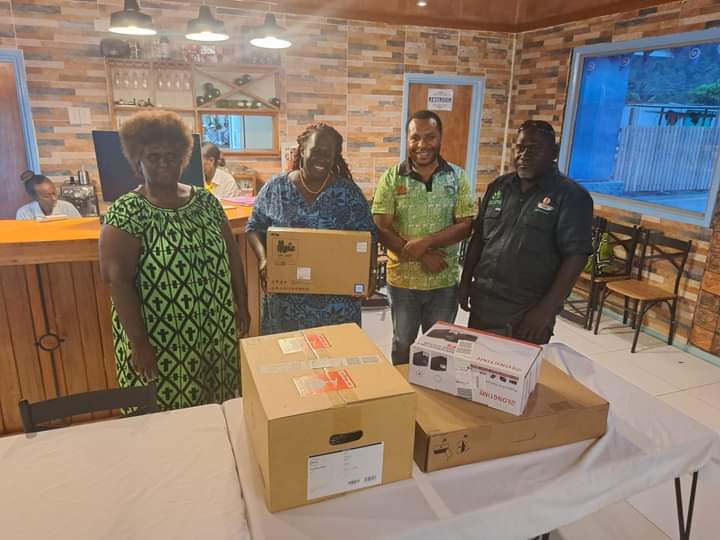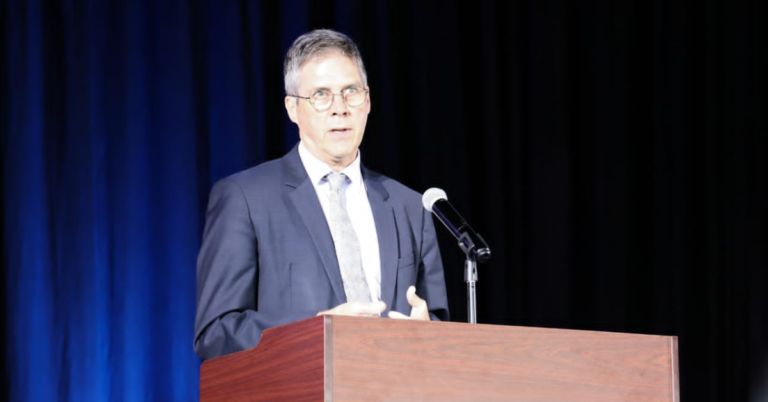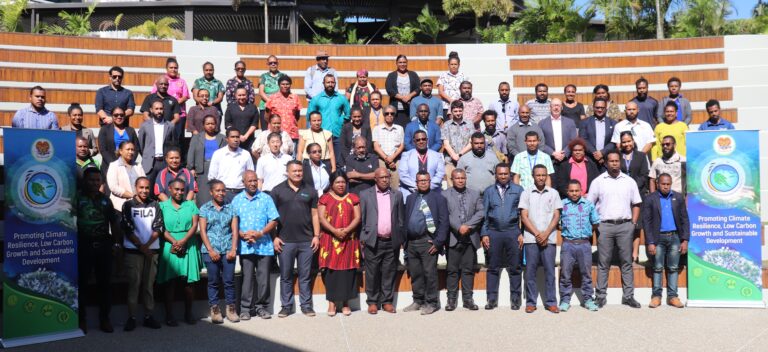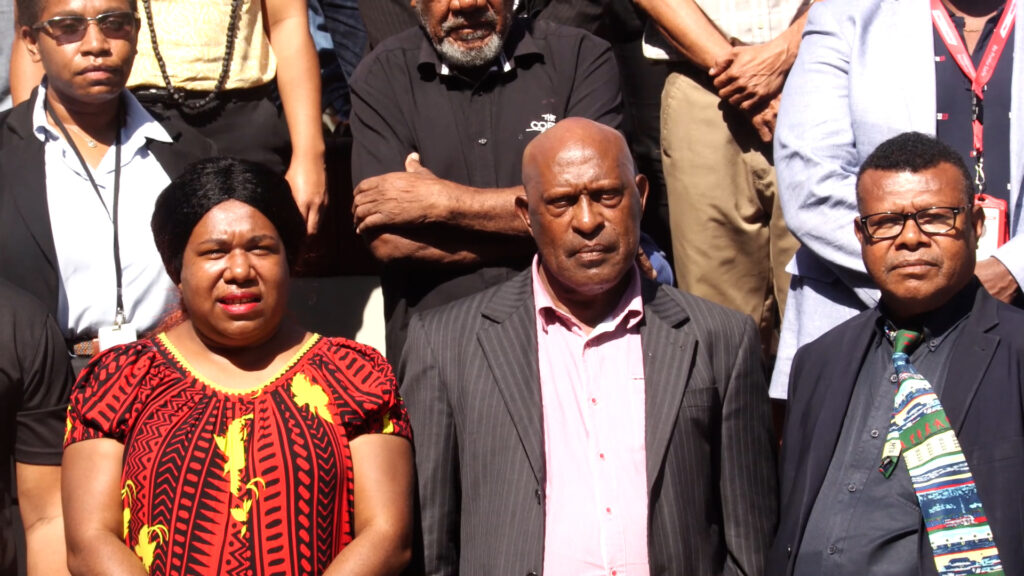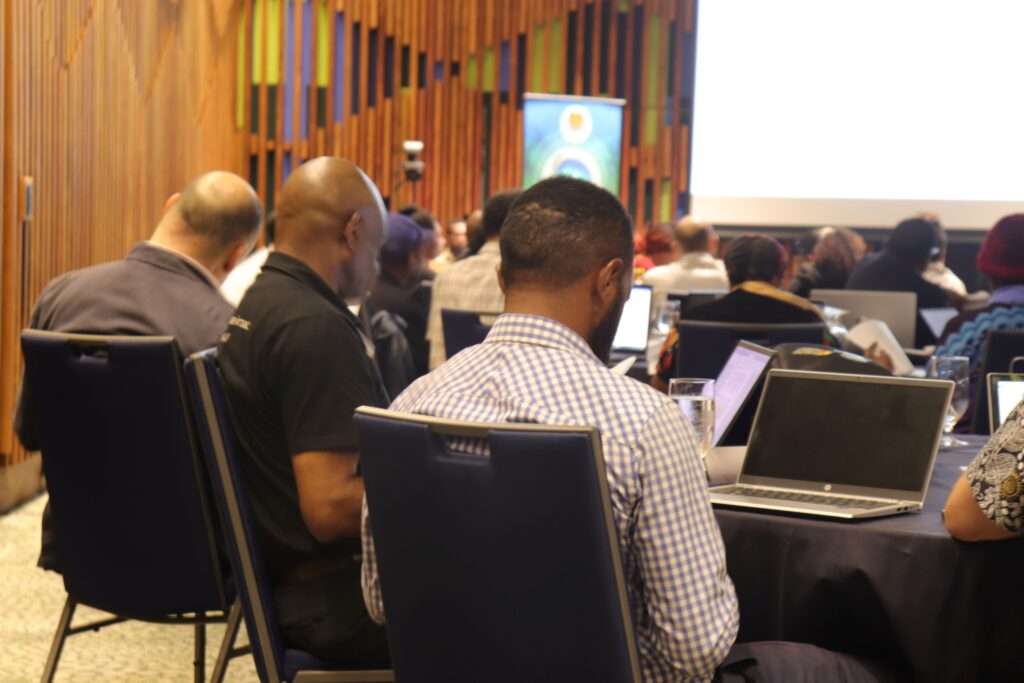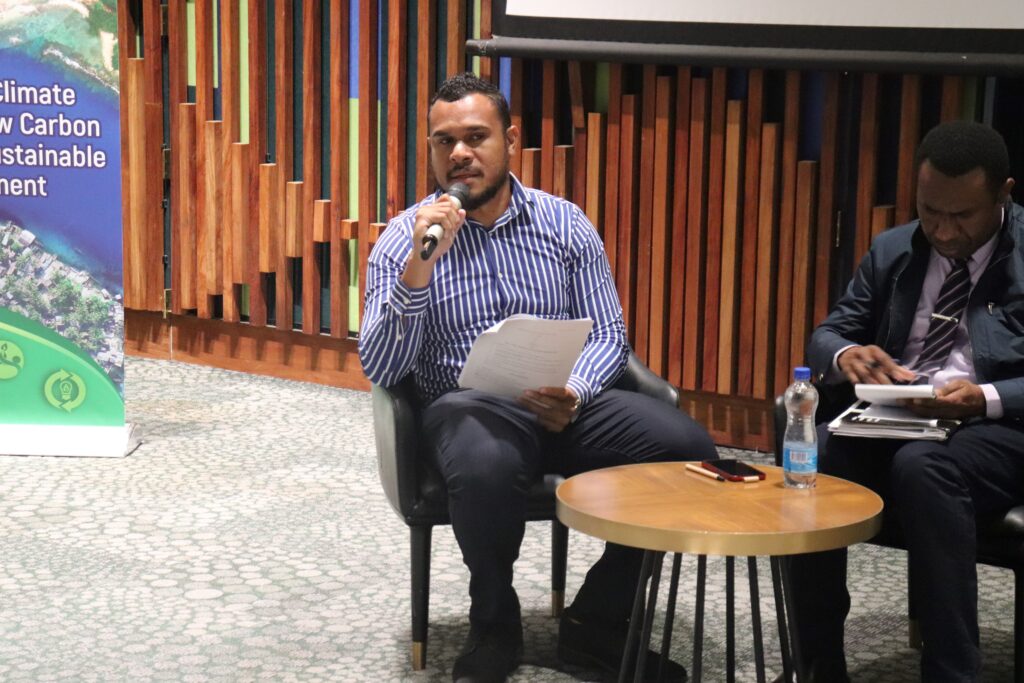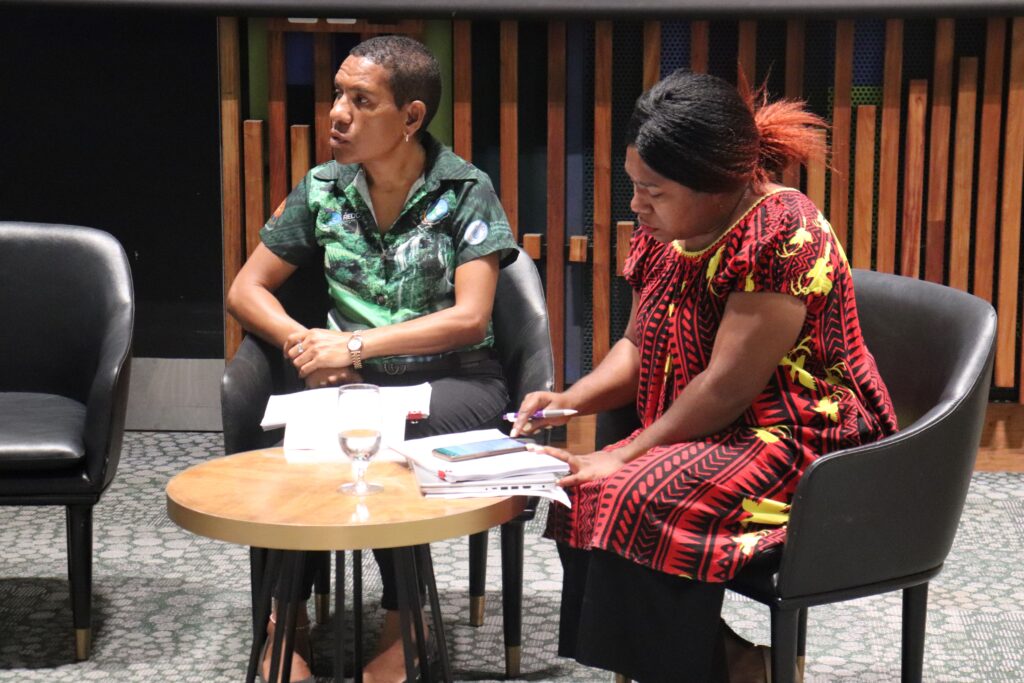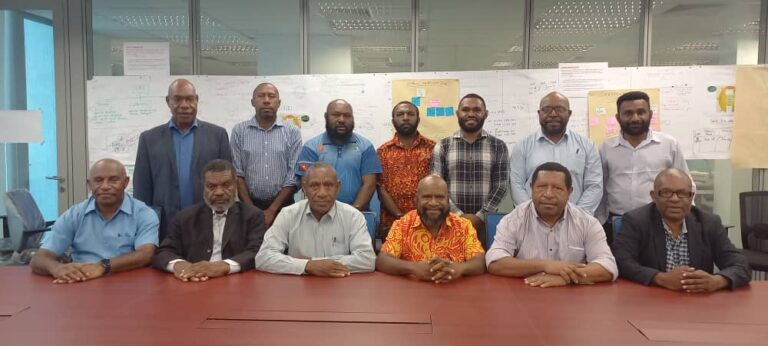Across the Pacific, rural women are bearing the brunt of a changing climate.
Floods devastating crops, disappearing resources for cultural weaving and economic hardship fuelling gender-based violence, human-driven global warming is taking a toll on women in the region.
Louisa Wall is a First Nations representative and former Aotearoa New Zealand MP who has long advocated for gender equality and human rights.
Funnelling more resources into projects to help Pacific women adapt to climate change is a priority for her as someone who has recently taken on the role of Oceanic Pacific Mobilisation Advisor at the upcoming Women Deliver gender equality conference to be held in Melbourne.
There are already funds available for climate adaptation, such as the recently-installed Pacific Resilience Facility, set up to ensure long-term, community-scale financing for flood-resilient roads and other projects.
But Ms Wall wants more going to women and girls directly.
“You already have a vulnerable population group, which are women and children, and then you add in this existential threat of climate,” she told AAP.
“It exacerbates the ability of women to live healthy, contributing, successful lives, where they have the autonomy to cultivate their own food or to use the raw materials around them to build crafts.”
Ms Wall will join like-minded advocates in pushing the issue ahead of the 2026 United Nations climate talks.
The annual talks are to be held in Turkey but with Australia in a “president of negotiations” role and a pre-COP meeting to be held in the Pacific islands.
Australia and the Pacific were bidding to co-host the conference in Adelaide but pulled out last-minute after a protracted stand-off with Turkey.
Ahead of COP31, Ms Wall will be helping have Pacific women’s voices heard at the flagship gender equality summit to be held in Melbourne in April next year.
Taking place in the Oceania Pacific region for the first time, the forum will provide an opportunity for women to share first-hand experiences of life under a changing climate and showcase female-led adaptation measures already taking place, Ms Wall said.
A common experience across the Pacific is the loss of raw materials used in weaving mats, baskets and other wares, crafts that can have cultural significance and provide a source of income for women.
Food security is another major problem, with crops knocked around by storms, pests and other conditions fuelled by climate change, and fishing stocks depleted by compromised coral reefs and marine habitats.
And, with worsening economic instability from failed crop yields and no goods to sell, the risk of physical and sexual violence is growing.
More competition for resources can prevent children going to school, Ms Wall said, forcing more women into early marriages and perpetuating cycles of inequality.
Ms Wall acknowledged her own privilege as someone spared from the horrors of sea level rise-forced migration and other extreme climate impacts, and stressed the importance of giving rural Pacific women the space to share their own stories.
“It’s incredibly important that women’s voices are part of any discussions related to climate change,” she said.
“The implications actually are about whether or not people can survive.”
Copyright @ AAP 2025

